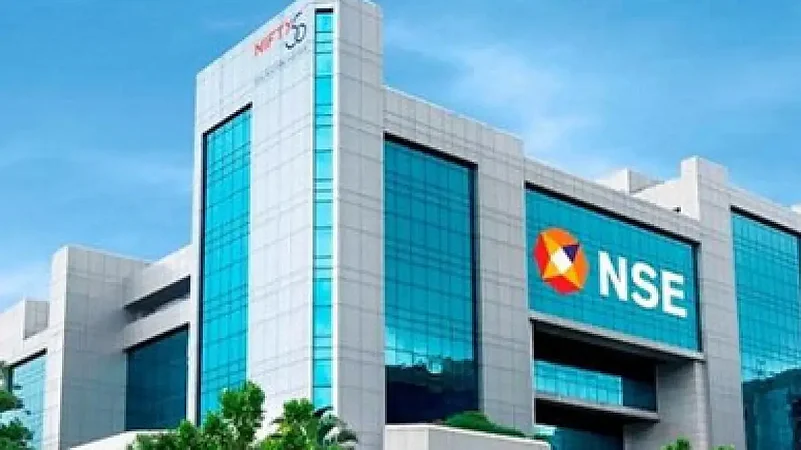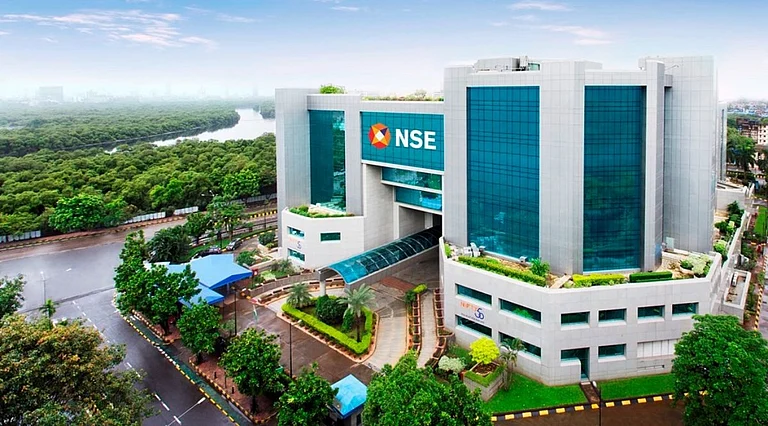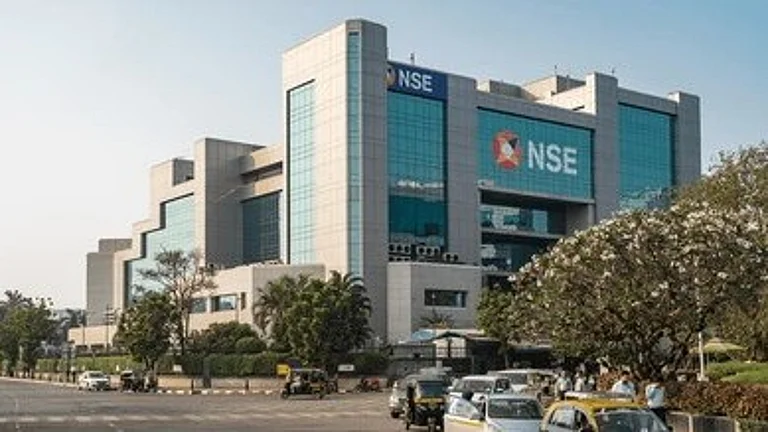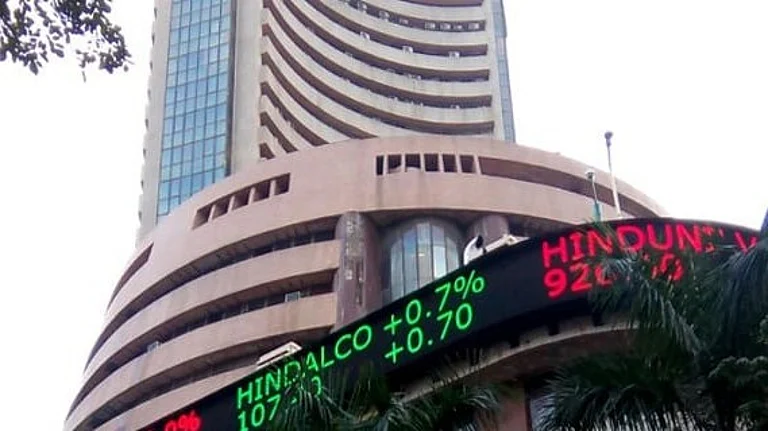With the removal of trading volumes from the weekly Bank Nifty and the market regulator’s new futures and options (F&O) regulations, we will have to wait and see how it will impact the exchange’s business and growth prospects, said Sriram Krishnan, Chief Business Development Officer at National Stock Exchange Ltd on Thursday.
After the Securities and Exchange Board of India (SEBI) introduced new regulations to restrict weekly expiries to one per stock exchange takes effect from November 20, the Bank Nifty contract will be discontinued. Consequently, only the Nifty 50 and BSE’s Sensex series will continue to trade on weekly basis.
The trading volumes could shift to monthly contracts from weekly contracts, Krishnan said while addressing the media in Delhi.
Read More | Delirium in the Markets
However, Krishan said that NSE is more of a regulator than a commercial entity. “We have to look at the welfare of investors and revenue or profitability are not our key concerns,” he added.
Bank Nifty accounted for 47 per cent of NSE’s daily options premium turnover in the first half of FY25 (April-September), while the Nifty 50 formed 36 per cent of the total turnover, according to the average daily turnover in NSE’s index options segment.
In a conference call with analysts on Tuesday, NSE CEO Ashish Chauhan said that “Whether we do any additional work or not, our estimation is that there’s going to be a substantial decrease in our derivatives volume especially in index options, going forward”.
In September 2023, NSE revised the Weekly expiry day of Bank Nifty derivatives contracts to Wednesday instead of Thursday. As a result, the order messages on NSE for Bank Nifty derivatives contracts declined from 2,000 crore to 1,000 crore in a year.
NSE’s October market pulse report shows that from the Rs 60,186 crore in daily options premium turnover in the first half of FY25, the Bank Nifty contributed Rs 28,136 crore, while the Nifty 50 accounted for Rs 21,626 crore. In addition, Finnifty and Midcap Nifty, combined accounted for 17 per cent of daily turnover during the same period.
About the company’s initial public offering (IPO) plans, Krishnan said that the NSE is awaiting approval from the regulator.
Some of the other measures introduced by SEBI to control speculative trading including a higher minimum contract value of Rs 15 lakh, upfront options premium payment, and a rise in margins closer to expiry – will kick in from November 20.
The regulatory action comes after a SEBI study found that nearly 11.3 million individual traders had incurred a combined net loss of Rs 1.81 trillion in futures and options during FY22-24. The gainers were proprietary traders and foreign portfolio investors.
































